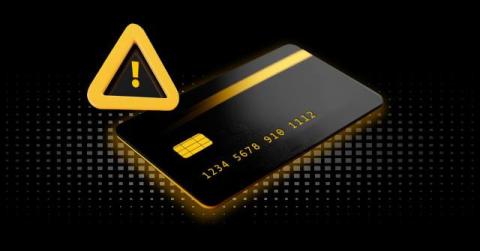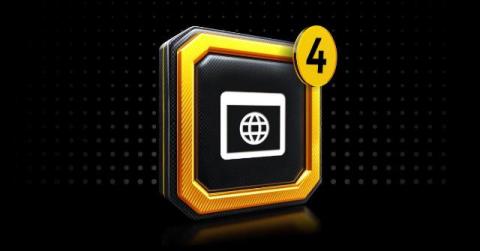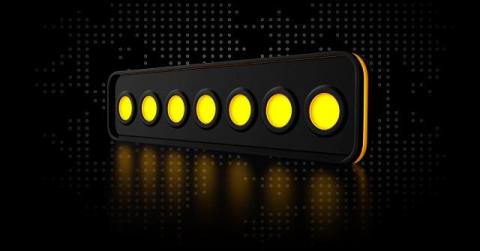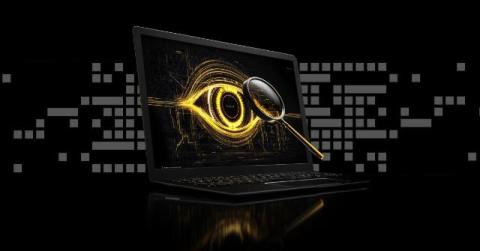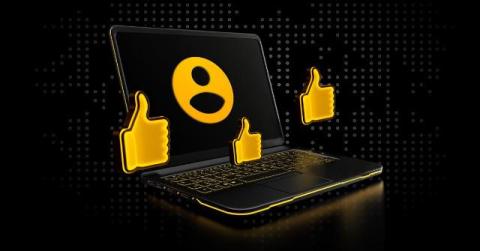What To Do if You Give Your Card Details to a Scammer
Did you fall for a scam and accidentally give your card details to a scammer? To protect yourself and your finances, you should lock your card, contact your card issuer and freeze your credit report. Continue reading to learn what you should do if you’ve fallen for a scam and how you can avoid scams in the future.


